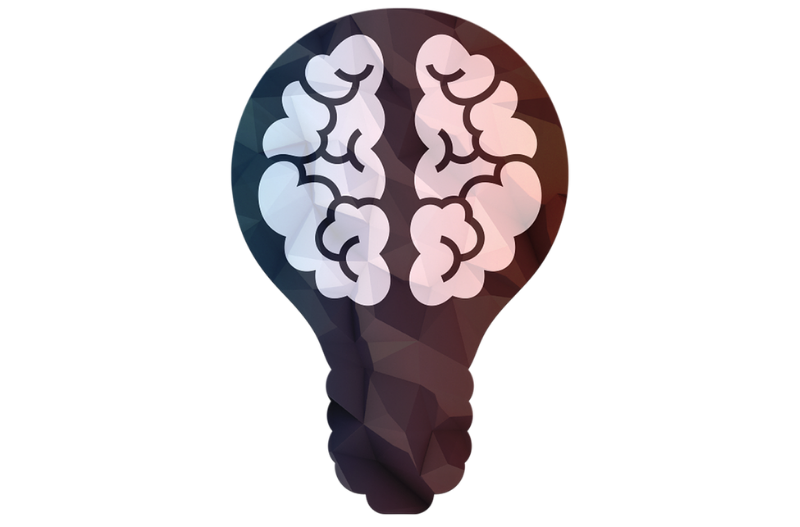
Employees today are accountable for making mental health in the workplace a business priority. This includes creating a stress-free work environment, as well as being empathic and responsive to the requirements of employees. Businesses that turn a blind eye to employee wellness may find that their unwillingness to provide help hurts their bottom line.
In this article, we speak with industry leaders to learn about their employee wellness advice.
1. Actively define support benefits
Linda Saunders, Director of Solutions Engineering, Salesforce South Africa.
The potential impact of mental illness, which is on the rise globally, on an employee’s wellbeing cannot be understated or ignored by companies. One way of supporting mental health is for leadership to actively frame support benefits, like counselling and additional time off, as mental wellness. Like fitness, mental wellness needs to be an accepted culture of ongoing and proactive discipline. Being intentional about employee experience sets people up to thrive, not just survive.
2. Acknowledge that employees are also customers
Glenn Gillis, CEO, Sea Monster
It seems super obvious, but not everybody realises that employees are in fact a critical part of both the customer experience and the value proposition of a company. Happy people make happy products which make happy customers. So the question is then, how do you generate happiness?
As a games company, we believe that happiness is closely linked to purpose. People need to feel that there is epic meaning to the work that they do and that they are part of something bigger than themselves. That notion is also tied to hope, since hope is the belief that tomorrow will be better than today. And hope is linked to agency, which makes people question, ‘Can I do things today which contribute towards something beyond myself that has purpose in the world?’. Combined, having a sense of purpose, hope and agency promotes a sense of worth in terms of the jobs that people hold and their performance in those roles.
I think that the output of creating a work culture that prioritises happiness and purpose in each individual employee also generates trust – trust that we are all working together on a good day towards a common purpose. Most people want the best not only for themselves, but for their coworkers and for their companies too. That’s not a scientific thing, that’s just something you either feel or you don’t.
It is crucial to highlight that we are not talking about money here. Whilst money is indeed important, we know that it is just an extrinsic result of work. Again, from a game design perspective, we strongly believe in the importance of intrinsic values.
3. Recognise down time
Andrew Bourne, Regional Manager, Africa, Zoho Corporation
Encouraging a healthy work-life balance is an important aspect of employee wellbeing, says. While remote and hybrid working has afforded employees greater flexibility and agility, it can also make it more difficult to establish boundaries between home and work. We encourage an organisational culture that recognises that down time is also important. This includes accommodating employees’ family commitments and factoring in rest breaks during the work day.
Communication is always essential in an organisation, and especially so when it comes to employees’ mental health. Encourage staff to talk about how they are feeling. Create a safe space where employees can voice their anxieties and concerns. Communication includes opportunities for employees to share ideas, and interact. Create internal chat groups or water cooler sessions, for example, where colleagues can enjoy light conversation aside from work discussions.
4. Invest in developing team members
Tim Cordon, Senior Area Vice President Middle East & Africa for Radisson Hotel Group
Being on the frontlines of any business can be demanding, and was even more so during the start of the COVID-19 pandemic. In the hospitality and travel sectors, many employees were furloughed as the industry suffered immensely. This, in turn, had a negative impact on employee mental health and well-being that continues to be a challenge even in 2022.
The Radisson Hotel Group, which has always acknowledged that its success relies heavily on its employees, did everything in its power to retain as many team members as possible during that time – continues to provide team members with the tools to manage stress and other challenges. We invest significant time in selecting and developing our team members, then empower them with the correct tools to get on with their jobs. LifeAssist is our dedicated line where our employees can connect with a doctor, therapist or counsellor, which has significantly improved our staff’s ability to manage their daily stressors
If you don’t have a team to deliver the experiences and create those unforgettable moments for your guests, you don’t have a hotel – you only have a building. As such, we acknowledge the many difficult sacrifices that our team members across the spectrum were called on to make.
Staff writer